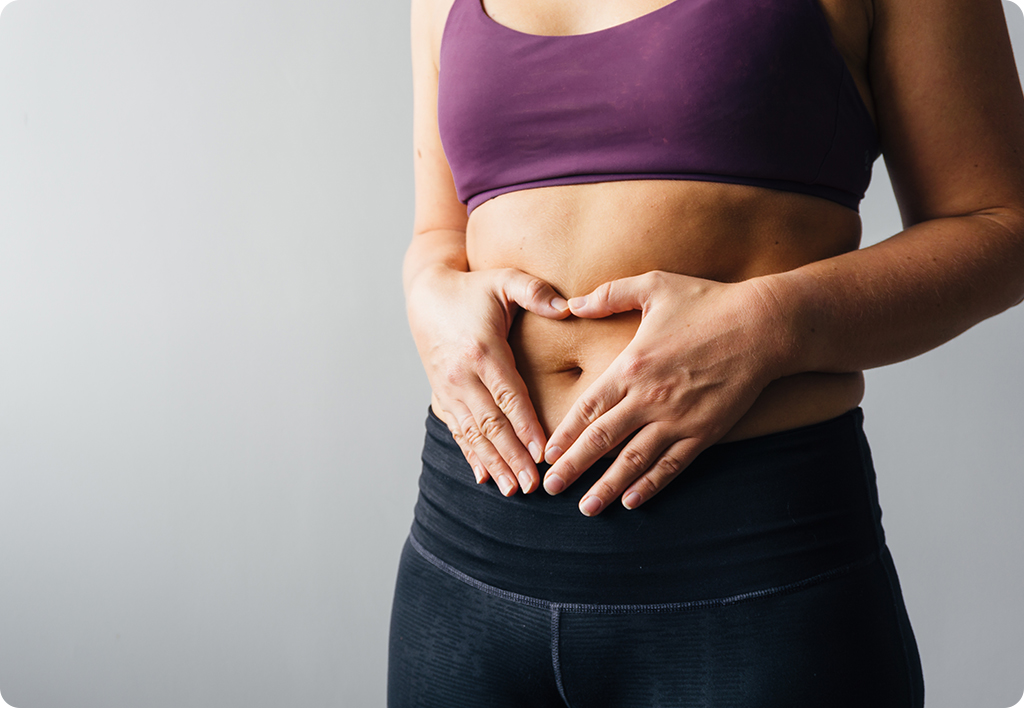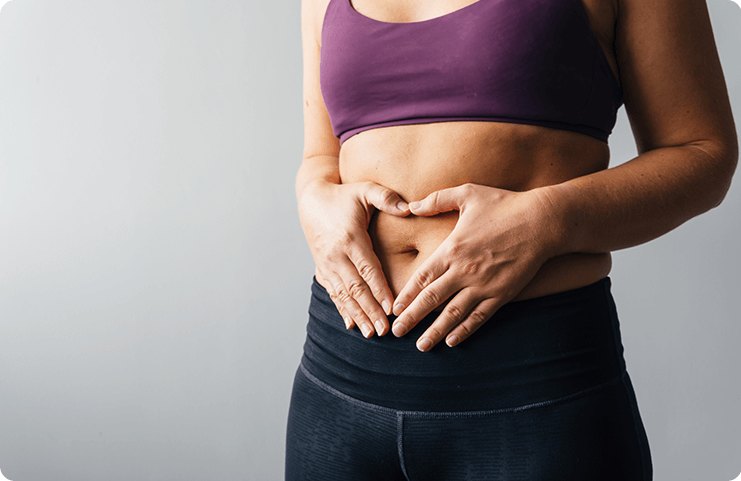
By Melanie Dixon DipION mBANT CNHC, Registered Nutritional Therapist
Did you know that having a healthy gut is essential for your overall general health too? Trillions of bacteria that make up your gut microbiome have many important roles in the body – they help you to digest food, absorb nutrients, produce energy and support your immune system.
If your gut microbiome is happy and healthy, you should have plenty of friendly bacteria to keep the less friendly ones in check, but sometimes this balance gets disrupted. The things life throws at you can make a difference here – environmental factors, diet and lifestyle choices can all impact your gut health.
There are certain signs to look out for which could mean that your gut isn’t as happy as it could be:
- Bloating
- Constipation
- Diarrhoea
- Flatulence
- Reflux
- Nausea
- Joint aches and pains
- Fatigue
Do you recognise any of these symptoms? If so, you may be surprised to learn about some of the things that could be causing them and jeopardising your gut health!
Here we look at 5 common causes:
Antibiotics
This is top of the list for affecting gut health. While they do an important job of killing off bacterial infections, they also kill off your friendly gut bacteria too. If you need a course of antibiotics, make sure you take probiotics to reduce the risk of losing the good guys!
Stress
Whenever you’re in a ‘fight or flight’ state, the body is designed to switch off your digestive process. This is an evolutionary response that hasn’t changed since our Stone Age ancestors needed to run from danger and avoid being a lion’s dinner! If you’re constantly stressed, there’s no ‘off’ switch – this is bad news for your gut as it affects the way it functions and can cause an imbalance of the microbiome, leading to inflammation and poor absorption of nutrients needed to keep you healthy. Reduce stress by spending time in nature, practice meditation or yoga, or use apps such as ‘Calm’ or ‘Headspace’.
Poor Sleep
If you struggle to get a good night’s sleep, this could be harming your gut. Sleep deprivation is known to alter your microbiome. Get things back on track by practicing good sleep hygiene – basically this means always going to bed and waking up at the same time each day, sleeping for 7-8 hours, not eating too late in the evening and switching off your phone and TV (sorry to be a killjoy!) a couple of hours before you go to bed. Try reading or having a warm Epsom salt bath instead to help you sleep.
Not eating enough whole foods
Friendly bacteria love a wide variety of vegetables, fruits and wholegrains – the more diverse your diet, the more diverse your microbiome. Eat the rainbow by eating at least 5 (preferably more!) different brightly coloured vegetables and fruits every day. Stay clear of processed and sugary foods which feed the less friendly bacteria.
Poor Oral Hygiene
Your mouth also has it’s own microbiome. When this is disrupted, the less friendly bacteria in the mouth can travel to your gut fairly easily and start to cause issues there too. Regularly brushing your teeth, flossing and making sure you see your dentist and hygienist regularly can help keep both your oral and gut microbiome happy and healthy.
Making these simple changes to your diet and lifestyle can really help to keep your gut functioning well which, in turn, will reduce the risk of you developing inflammation and health issues further down the line.
Browse

